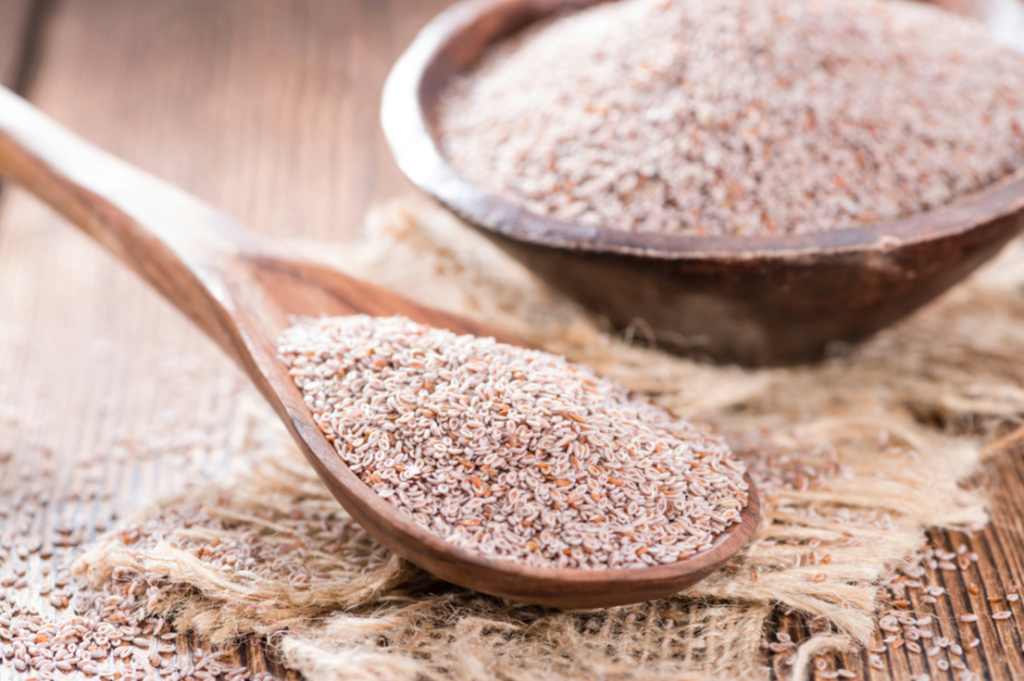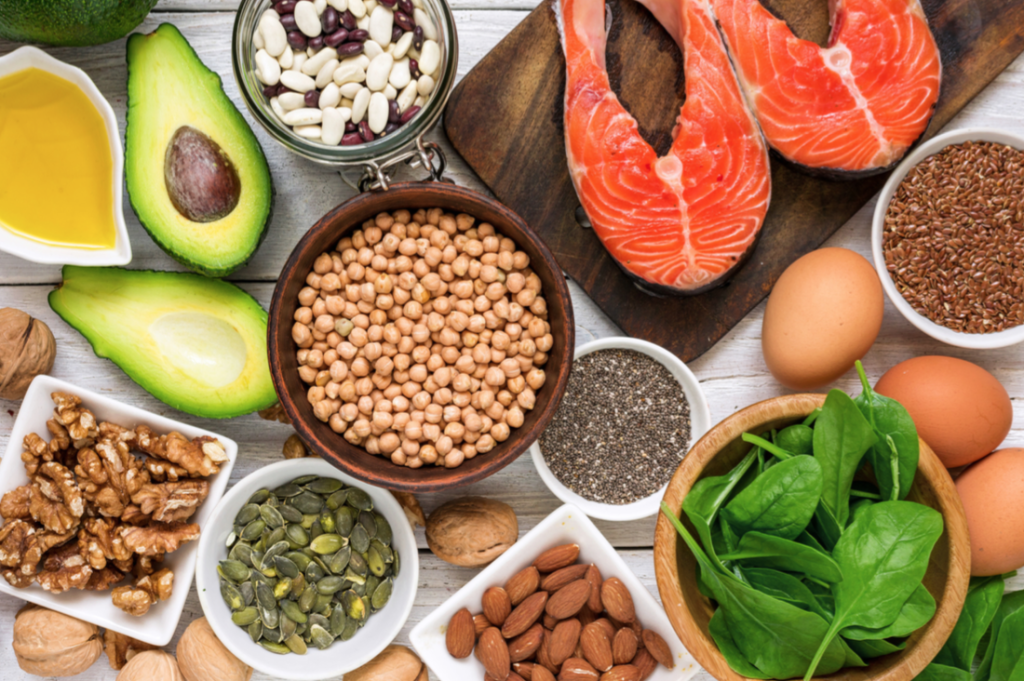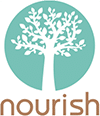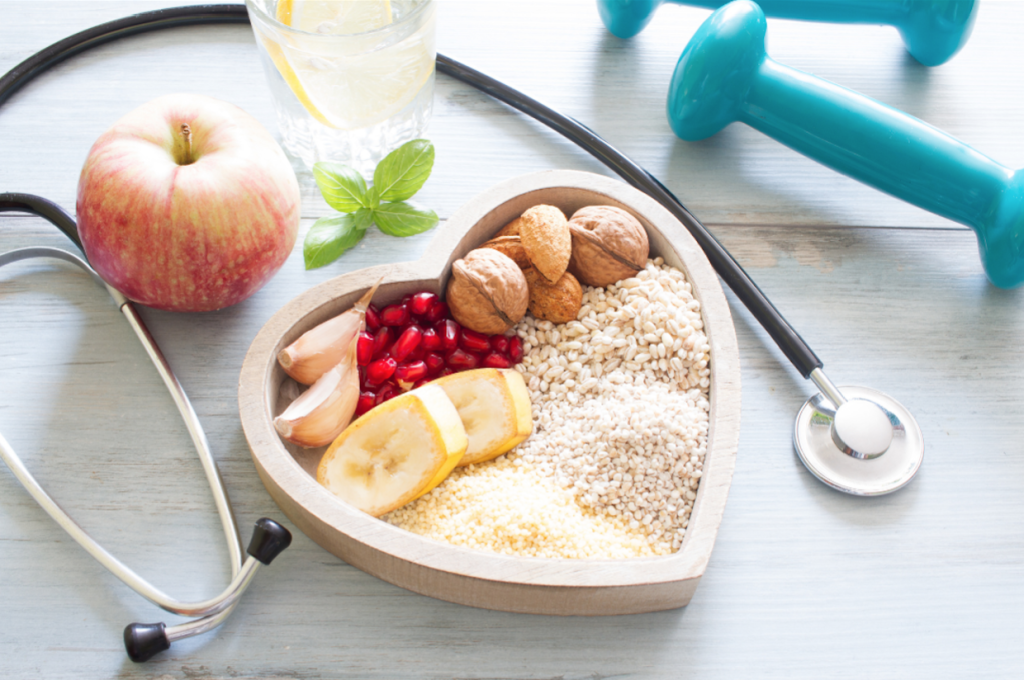Nutrition
4 Proven Ways to Lower Your Cholesterol Naturally
In 2021 the most commonly prescribed medication in Australia were statins, a class of medications that help lower cholesterol levels in the blood, thus reducing your risk of heart disease or strokes. But what if you could lower your cholesterol levels naturally, without having to be on this medication?
Whilst there are some non-modifiable factors (such as our genes) that we can’t alter, there are many modifiable factors we can change to help manage or reduce high cholesterol levels. This blog will discuss what cholesterol is, the different types, and 4 changes that you can implement to naturally lower cholesterol levels.
What is cholesterol?
Cholesterol is not the evil villain that it has been made out to be. It is a fatty, wax like substance that is made in the liver and is essential for the production of hormones, vitamin D, and the development of bile acid.
Cholesterol comes under the group ‘Sterols’, which refers to its chemical structure. Sterols can be found in plants in the form of phytosterols, and in animals products in the form of cholesterol. There is often confusion around ‘good’ and ‘bad’ cholesterol in foods, however, this ‘good’ cholesterol is not a type of cholesterol found in foods, but is in fact the way that the body transports cholesterol in the body. Let me explain this a bit more..
There are 2 different types of cholesterol; Low Density Lipoproteins and High Density Lipoproteins. For this blog we will use the shortened names, LDL and HDL. HDL cholesterol is also known as the ‘good’ cholesterol, and works to remove cholesterol from the cells and carry it back to the liver to be recycled or disposed. By doing so, it works to reduce the build-up of cholesterol in the arteries.
LDL cholesterol on the other hand, is known as the ‘bad’ cholesterol. This makes itself available to all cells in the body to carry out certain functions, however, when LDL levels are high, cholesterol can build up in the arteries and increase the risk of various heart complications.
So, how can you lower your cholesterol levels naturally?
1. Consume a high fibre diet and include psyllium husk
Fibre is known for its role in supporting gut health, but it is also researched to be beneficial in reducing cholesterol levels, particularly soluble fibre. Soluble fibre becomes a gel in the intestines, drawing water in and slowing down digestion. It also traps fats to stop them all from being absorbed, therefore lowering cholesterol. We should be aiming for around 25-30 grams of fibre per day for optimal health, although a large number of the population is nowhere near reaching this amount. To increase your fibre intake, add foods such as oats, beans, legumes and vegetables to your diet.
Psyllium husk is a type of soluble fibre that has been studied for many benefits, including lowering cholesterol. Studies show that consuming just 10 grams of psyllium a day has as significant effect on reducing LDL cholesterol, and it is extremely affordable and easy to take. Simply sprinkle a tablespoon onto your cereal, add to a smoothie, or mix with a glass of water to acquire the benefits.

2. Lower saturated fat consumption and increase Omega 3s
Despite what you may have heard, eating cholesterol containing foods does not increase your blood cholesterol levels. This is caused from eating too many foods containing saturated fats, including red and processed meats, butter, coconut oil, cheeses and pastries.
To help lower your cholesterol levels, it’s a good idea to swap these saturated fats for unsaturated fats which are found in nuts and seeds, avocado, extra virgin olive oil, and oily fish, such as salmon and mackerel. These contain high amounts of omega 3s which have been shown to lower the risk of heart disease and lower triglyceride (free fats) levels in the blood. It may also be beneficial to supplement with a quality omega 3 supplement that provides around 4 grams of total omega 3s per day.

2. Exercise regularly
We all know that exercise exerts a wide range of benefits, but did you know it can have an impact on your cholesterol levels? Regular aerobic exercise, such as running and cycling, has been shown to increase HDL (good) cholesterol levels, therefore helping decrease LDL (bad) and triglyceride levels. It also appears that the more vigorous the aerobic exercise, the more beneficial it is at lowering cholesterol levels.
Resistance exercise such as weight lifting and strength training also has a positive effect on decreasing LDL and total cholesterol levels. For resistance exercise, high intensity workouts were no more beneficial than low to moderate intensity. Start by incorporating 30 minutes of exercise at least 5 days a week, in whatever way you find best works for you.

4. Increase your intake of plant sterols
As mentioned earlier, plants also contain sterols, and due to their chemical structure being similar to that of cholesterol, they can interfere with cholesterol absorption and therefore lower blood cholesterol levels. The easiest way to increase your intake of plant sterols, is by eating more plants that contain them, including nuts, legumes, fruits, vegetables and fortified foods such as some margarines. However, for cholesterol management, it is recommended to consume 2 to 3 grams of plant sterols per day. To reach this high dosage, it could be helpful to take a plant sterol supplement.
In Summary
Implementing these changes to your diet and lifestyle may help you see the results you are after in terms of lowering your cholesterol levels. Of course these are just 4 of many changes that could be made, and seeing a Nutritionist who can look holistically at all areas of your life could be greatly beneficial to help you achieve your long term goals.



